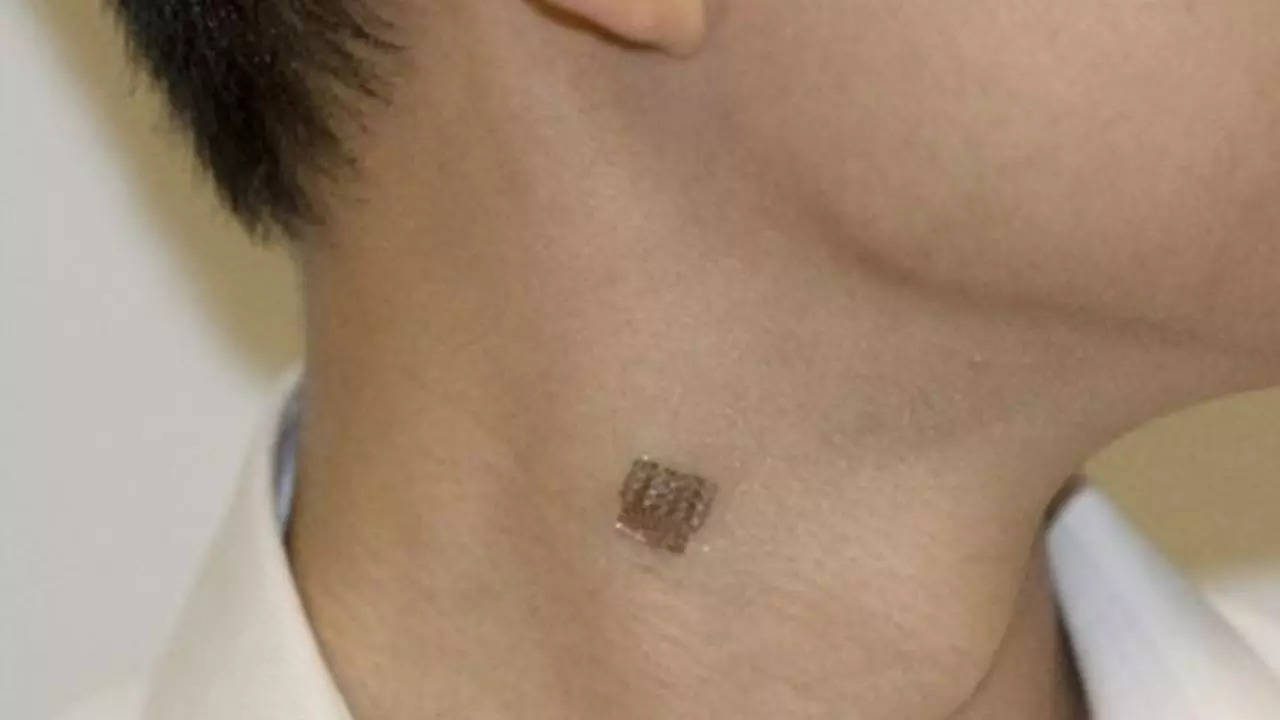We all age. And while humanity's life expectancy has increased dramatically in the modern era, we still struggle with the inevitable health issues our bodies face as we get up in the years. For example, the decrease of muscle mass and function, leading to weakness and atrophy.
This is a pressing concern in a super-aging society like Japan where-;while people live longer-;without proper muscle strength, quality of life can be drastically diminished. In findings that may eventually lead to targeted therapies that treat age-related muscle atrophy, a group of researchers from Kyushu University have developed a new antibody that targets and prevents the dysfunction of the protein hepatocyte growth factor or HGF: a critical factor in skeletal muscle development, regeneration, and repair. Their findings were published in the journal Aging Cell .
Muscle growth and regeneration occurs thanks to a population of stem cells called satellite cells. When you train your muscles, or get injured, these satellite cells are activated to form new muscle fibers. One of the key activators that tells satellite cells to build new muscle is HGF.
"Earlier this year, our team found out that HGF undergoes a process called nitration. This is when a molecule of nitrogen dioxide attaches to the amino acid tyrosine on the protein," explains Professor Ryuichi Tatsumi of the Faculty of Agriculture who led the study. "This is a common modification we see in biology.
However, we found that HGF loses its physiol.


















